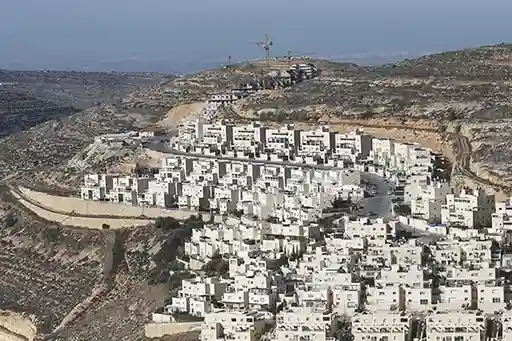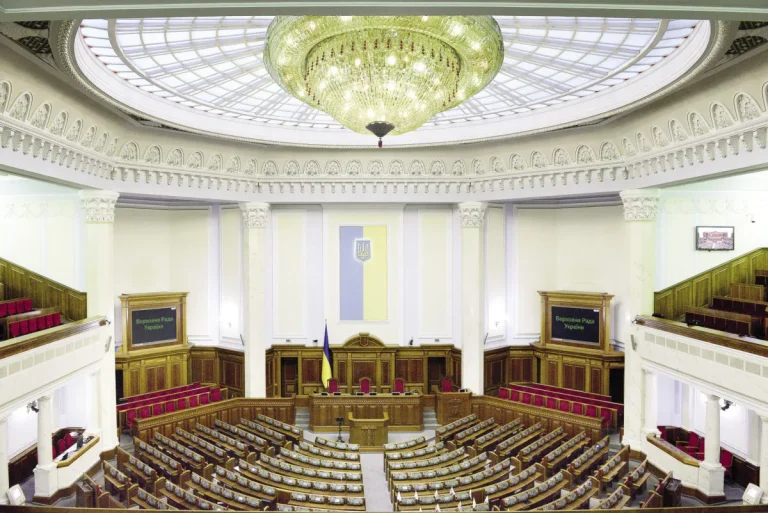The situation in the West Bank, particularly in Battir, is a powerful illustration of the broader dynamics of land conflict, settlement expansion, and violence in the Israeli-Palestinian struggle. Battir’s cultural and historical significance as a UNESCO World Heritage site, with its ancient terraces and agricultural traditions, is juxtaposed against the realities of modern political conflict and territorial disputes. The approval of new Jewish settlements in the area, alongside unauthorized outposts, underscores the continuing tension over land ownership and control in the occupied West Bank.
Palestinians, like Ghassan Olyan, whose land has been seized, view these developments as a catastrophic encroachment on their rights and livelihoods. For them, the settlements represent not only a physical threat but also an existential challenge to their history and future aspirations for statehood. This is further aggravated by the rising violence from Israeli settlers, which has escalated since the outbreak of war in Gaza. The increase in settler violence, often with little consequence or legal intervention, reinforces a sense of impunity and deepens the divide between the two communities.
The figures are alarming: more than 1,200 attacks on Palestinians by settlers have been documented over the past 10 months, and hundreds of Palestinians have been killed, most by Israeli forces. The ongoing violence creates an atmosphere of fear and insecurity, making it nearly impossible to envision a peaceful resolution. The absence of significant legal repercussions for settler violence, with only a small fraction of cases resulting in convictions, fuels further lawlessness and instability.
Internationally, Israel’s settlement activities have been widely condemned, with bodies like the UN declaring the occupation illegal. However, Israel continues to reject these findings, asserting its historical connection to the land and maintaining that the Jewish people are not occupiers. This stance is supported by a significant portion of Israeli society, with many viewing the settlements as enhancing national security.
As the conflict deepens, particularly with extremist elements influencing both settlement policy and violence, the possibility of a two-state solution seems increasingly remote. The expansion of settlements, coupled with the lack of accountability for settler violence, contributes to an environment of growing hatred and resentment. The longer the conflict persists, the harder it becomes to bridge the gap between the two sides, making the path to peace ever more elusive.





